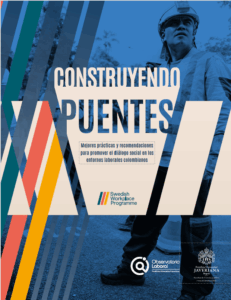The SWP contributed to a radio session in Zimbabwe with various experts on safe workplaces as per international and national occupational safety and health (OSH) recommendations.
The NIR/SWP radio session on OSH came at a crucial time when the government of Zimbabwe has reopened workplace. The session was an appreciated initiative in preparing employers and employees on how to resume work in a safe but still proactive manner. Emphasis was put on the importance of generating workplace engagement through social dialogue.
Employers were encouraged to fully execute their duty of care by providing employees safe workplaces by ensuring that all measures are put in place in accordance to WHO guidelines and state laws. This also includes adhering to OSH requirements to protect employees and prevent further virus spread.
The occupational safety and health concerns related to COVID-19
The COVID-19 impact has generated new measures to ensure business continuity. Interventions places emphasis on employee responsibility to engage, raise awareness and support awareness amongst colleagues that the workplace remains a place of potential risk of infection and that all necessary precautions and protocols must be adhered to.
The importance of COVID-19 as a workplace issue needs to take into consider how the different levels of risk need to be addressed for every workplace station to ensure that there is adequate protection and prevention. These different levels of risks are important to note as they expose not only the individual, but all company staff and carry staggering repercussions to the workplace, families and the communities.
Steps that businesses should take in response to COVID-19
- To be very organised, systematic and coordinated in ensuring that the health and safety controls are adjusted for each workstation.
- Review current OSH policies to ensure that response to COVID-19 protocols are incorporated. The policy review and amendments must be guided by international statutes such as the WHO and ILO COVID- recommendations while aligning to local statues and OSH requirements.
- At enterprise level, agreements to be made in consultation with workers’ committees. The role of social dialogue has in workplace settings is emphasised to ensure that rights and responsibilities are discussed.
- Conduct internal Hazard Identification and Risk Assessment to ensure that all workplace processes and procedures can be adopted.
Employers have an obligation to provide safe workplaces as per the statutes of providing decent work. These statutes also dictate a right for employees to access correct and current information, a right to be treated with dignity and respect, as well as protection against discrimination in all forms.
Minimum measures at each workplace
Recommendations for minimum mitigating measures:
- Temperature checks with efficient thermo guns at each workplace entry
- Provision of adequate hand sanitation materials such as hand washing sites, safe disposal waste bins, and regular disinfection of all workstations,
- Implement social distancing,
- Introduction of innovation work styles such as rotational work
- Correct and consistent use of PPE, ventilation and other measures specific to work site.
Working conditions during COVID-19
Due to the new measures put in place by the government; businesses need to protect employees, customers and other stakeholders in ensuring the continuous efforts to slow down the spread of COVID-19 remain in place.
Employers are encouraged to update their risk exposures and possible routes of transmission as a measure to protect the general population which they are in direct contact with. Businesses are encouraged to update the Emergency Preparedness protocols considering COVID-19 to ensure employee health and wellbeing.
Responsibilities of employers during COVID-19
Employers have a mandate to provide COVID-19 safe workplace which takes into consideration a human rights-based approach which upholds the statutes of providing decent work. These statutes dictate a right for employees to access correct and current information, a right to be treated with dignity and respect, as well as protection against discrimination in all forms.
Employers were encouraged to follow the hierarchy of controls in hazard identification and risk assessment. These assessments must ideally be conducted through considerations suggested through the workplace social dialogue processes, which would have considered HR issues such as increased numbers of absenteeism, sick leave and adjustments which have been made to ensure continuity.
Role of Workplace Committees during COVID-19
Workplace committees are the bridge through which employers and employees can have open discussions about the workplace. These committees can engage with management and employees to ensure a collaboration focused on COVID-19 impact mitigation. The committees are key partners at the workplace for disseminating information to curb the spread of the virus.
Role of employees during COVID-19
Employees must put into practice the workplace OSH policy as they also follow local and WHO guidelines such as; hand hygiene, PPE, cough and sneezing etiquette and social distancing.
Employees have a duty to themselves to ensure that they maintain their own personal health and protection. Each person must ensure that they take adequate steps to reduce risk at their own personal level.




